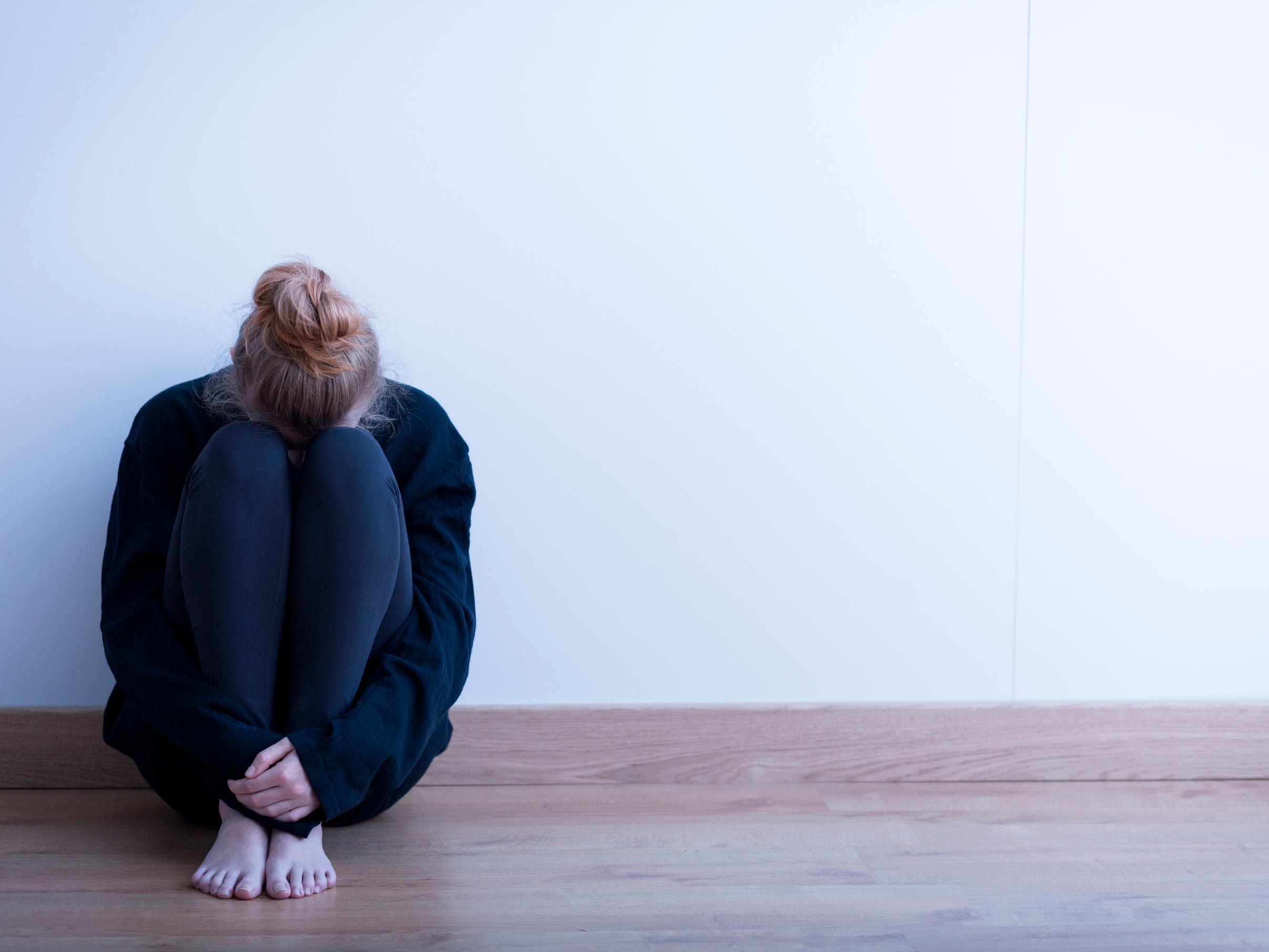Third of 15 to 18-year-olds suffer mental health problems, research suggests
'If they don't get the help they need early we will see even higher levels of mental health problems as they reach adulthood,' warns charity

Your support helps us to tell the story
From reproductive rights to climate change to Big Tech, The Independent is on the ground when the story is developing. Whether it's investigating the financials of Elon Musk's pro-Trump PAC or producing our latest documentary, 'The A Word', which shines a light on the American women fighting for reproductive rights, we know how important it is to parse out the facts from the messaging.
At such a critical moment in US history, we need reporters on the ground. Your donation allows us to keep sending journalists to speak to both sides of the story.
The Independent is trusted by Americans across the entire political spectrum. And unlike many other quality news outlets, we choose not to lock Americans out of our reporting and analysis with paywalls. We believe quality journalism should be available to everyone, paid for by those who can afford it.
Your support makes all the difference.A third of 15- to 18-year-olds in the UK struggle with mental health or emotional well-being issues, research has suggested.
Depression, restless sleep, and an inability to focus are among problems commonly endured by British teenagers, a survey by the charity Action for Children found.
Thirty-three per cent of the 5,000 young people who responded to the survey reported issues.
The charity last year launched its Blues Programme, which provides early support for secondary school pupils with depression.
Julie Bentley, Action for Children's chief executive, said: "It's troubling that so many of our young people are dealing with issues of depression and anxiety - and all too often alone.
"Getting help early can help stop some mental health problems in their tracks, but without quicker investment and targeted support from the government many young people will continue to struggle.
"If they don't get the help they need early we will see even higher levels of mental health problems as they reach adulthood."
Some 620 teenagers have taken part in the Blues Programme since last October. About 70 per cent had seen an improvement, including a decrease in depression, by July this year.
Pupils also reported increased confidence and self-esteem, improved relationships and better engagement at school.
Rowan, 15, completed the the programme at Whitchurch High School in Cardiff after suffering from low moods and anxiety.
She said: "I couldn't really focus on things properly. There were scary periods where I was getting very anxious and not doing as well as I usually do at school as my mind was elsewhere.
"I tried to keep how I was feeling to myself and deal with the problems alone, but I didn't know what to do.
"My friends noticed a difference in me and kept asking me what was wrong.
"It probably seems quite a small thing but learning how to deal with my problems in a new way has made more of a difference than I could have imagined.
"I would be in a terribly dark place now if I hadn't learnt how to do it."
Funded by Royal Mail, the Blues Programme is based on Cognitive Behaviour Therapy methods and is designed to help young people understand the connection between negative thoughts, actions and feelings over a period of six weeks.
It currently runs in 37 schools based on geographical mental health hotspots identified by Action for Children's frontline services.
The locations are Worcestershire, High Wycombe, Cardiff, North Wales, Derry, Downpatrick, Glasgow and Stornoway.
Three-quarters of young people referred to NHS mental health services wait so long for treatment that their condition has deteriorated further by the time see a doctor, a report by Young Minds warned last month.
Young people and their parents are being left to “fend for themselves” for months on end while waiting to access child and adolescent mental health services, according to the charity.
Join our commenting forum
Join thought-provoking conversations, follow other Independent readers and see their replies
Comments